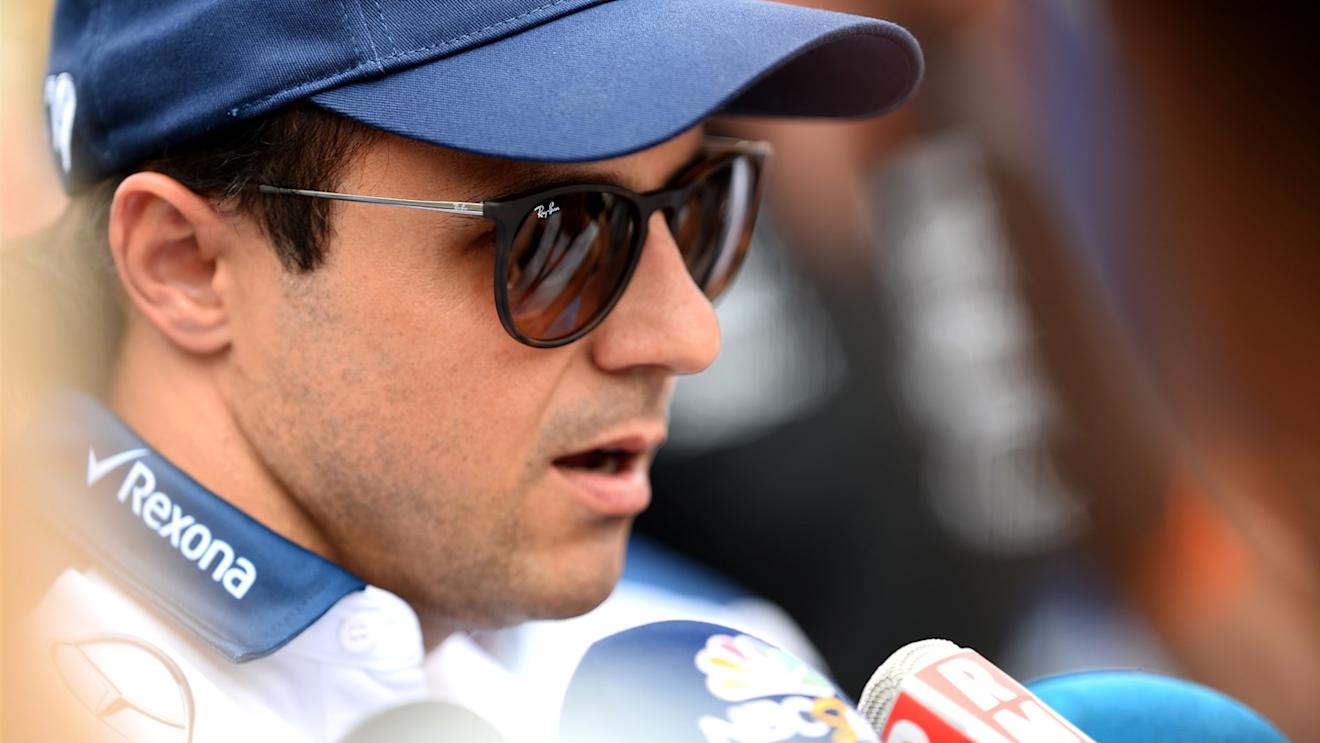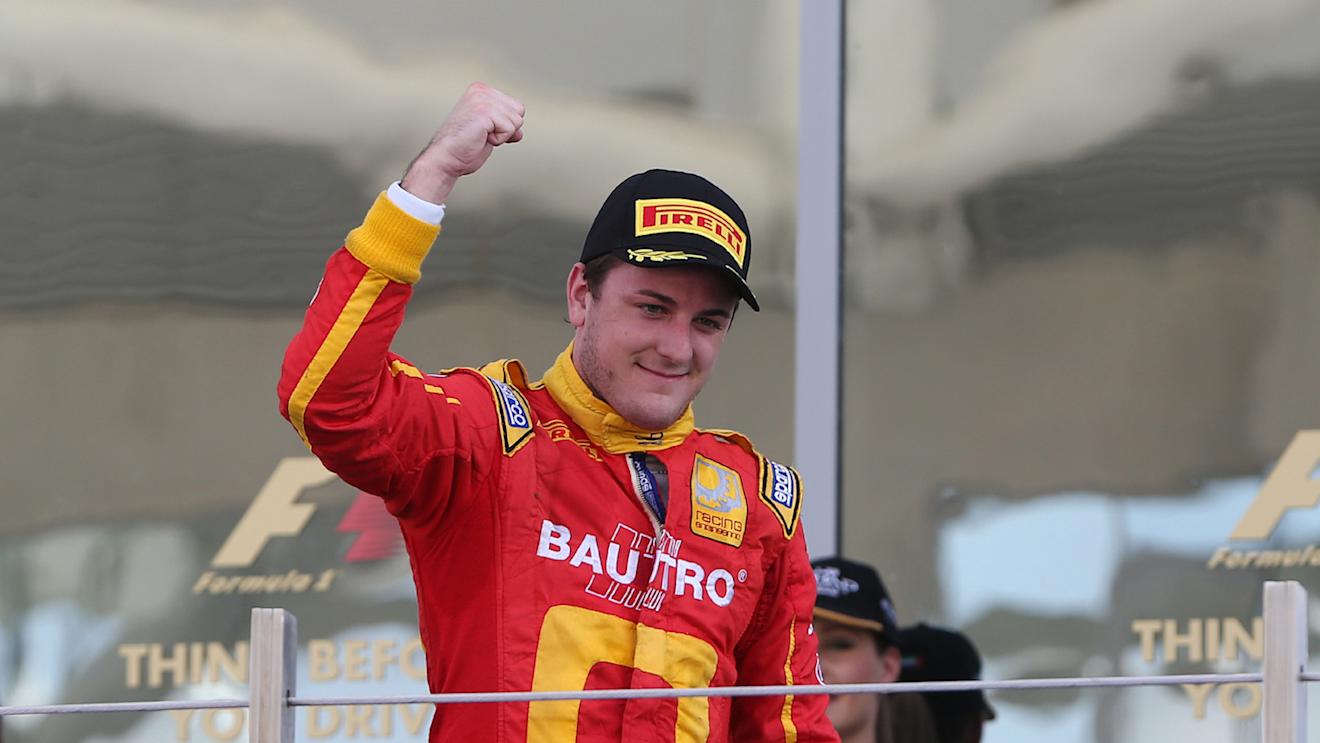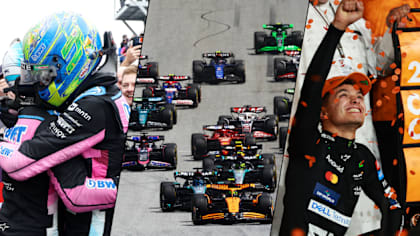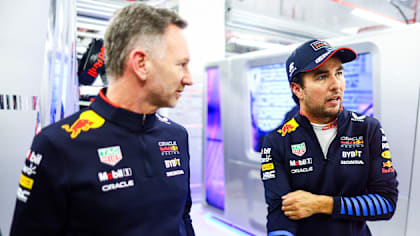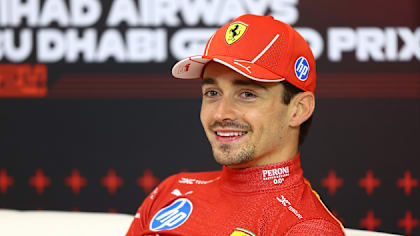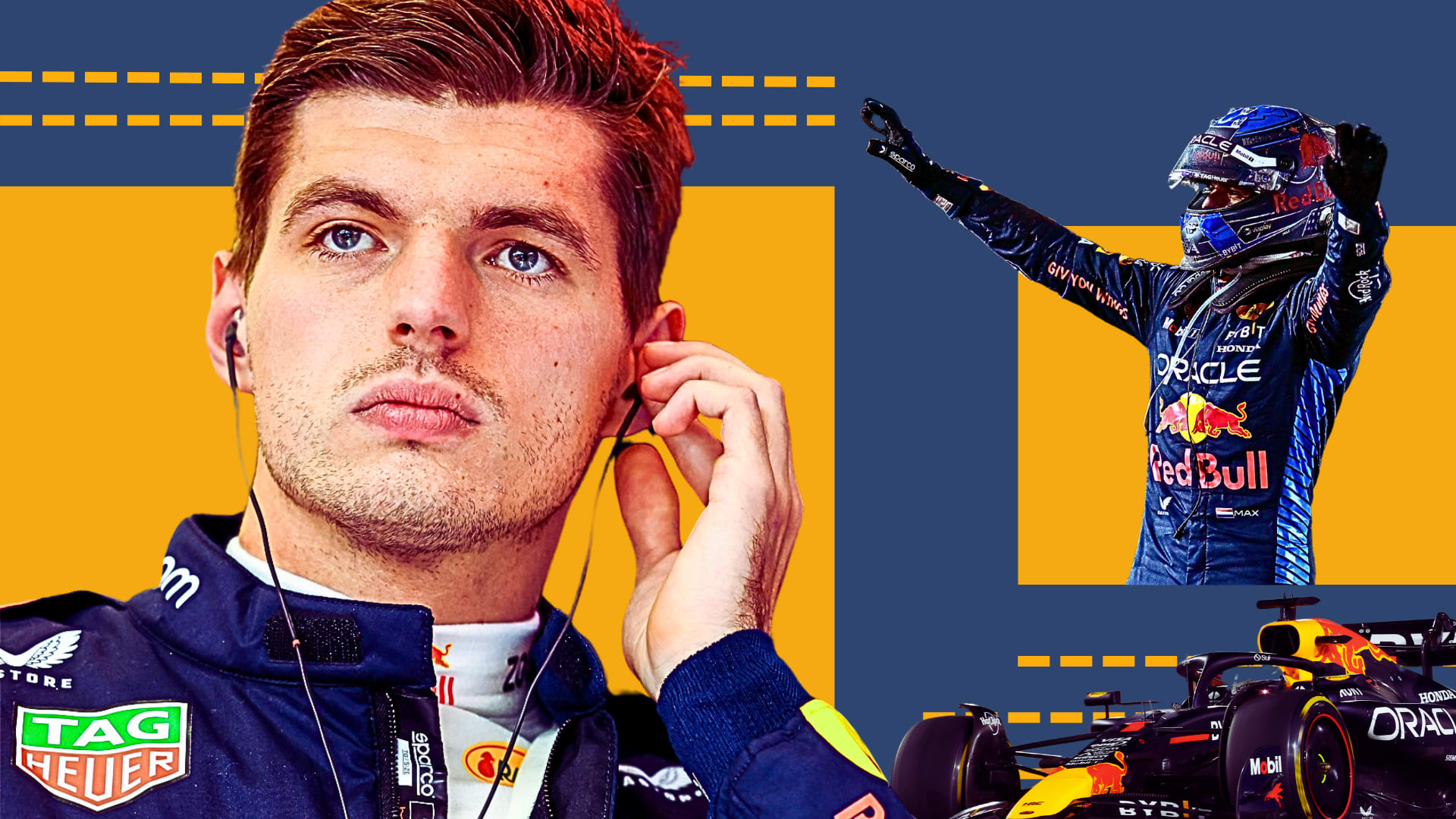As the late Jules Bianchi was in many thoughts in Hungary on Thursday, the subject of cockpit safety was an inevitable corollary, particularly the question of whether F1 cars should move to some form of closed canopies.
Williams’ Felipe Massa, who returned to racing after suffering a very serious head injury in qualifying here in 2009, said that he is in favour of things that improve cockpit safety, so long as they don’t change F1 racing’s fundamental attraction and character.
“I’m not completely against the closed cockpits. I think it’s something that needs to be... if it’s better for everybody and it doesn’t change the aspect of Formula One - or maybe not closing the cockpit but doing something that they always did since years, to improve the safety on that area - I’m not against it.”
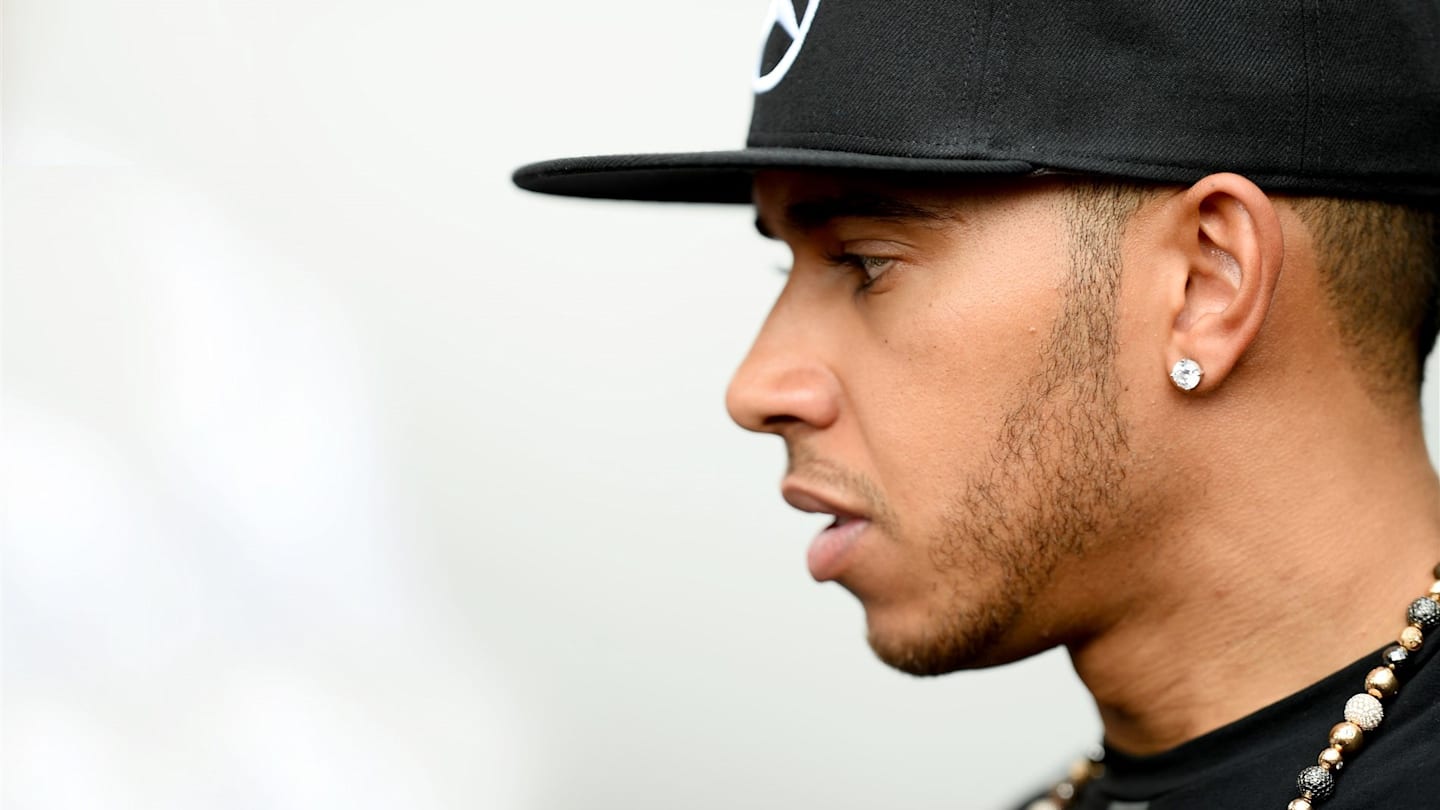
Lewis Hamilton (GBR) Mercedes AMG F1 at Formula One World Championship, Rd10, Hungarian Grand Prix, Preparations, Hungaroring, Hungary, Thursday 23 July 2015. © Sutton Motorsport Images
Mercedes’ world champion Lewis Hamilton said that he thinks they could be feasible.
"I saw some pictures, it must be a month ago maybe, I can't remember, it might have been a McLaren, which I think looked pretty cool I have to say. Whether or not it would work, I don't know, but definitely as we are always talking about improving safety I'd imagine that at some stage it may be a change Formula One would do.
"I'm never against any changes as long as they are positive for safety, but also for racing, and that it doesn't take away the enjoyment factor of racing. If it becomes couch driving, when you are sitting on the sofa, then it's not going to be fun."
Though FIA engineers suggested at the time that even a closed cockpit would not have protected Bianchi sufficiently had his Marussia been so equipped when it collided with the crane in Suzuka last October, development of such devices continues as solutions are sought to problems they pose. One of the most significant is how they would be jettisoned to facilitate driver extraction, in the event of a car becoming inverted.
Both Hamilton and Massa summarised the feelings of the drivers when they said that while they think of Bianchi while they are out of their cars, they think only of the job at hand when they climb into the cockpit.
“I won’t be approaching the weekend any differently after Jules’ death,” Hamilton said. “For me, when I get in the car on Friday morning, nothing will be different.”
Much has been made about the Frenchman’s death being the current generation’s first experience of such things, but Hamilton won a UK kart race at Kimbolton in December 1994 in which nine year-old Daniel Spence died after overturning and suffering a punctured lung.
“Last week was deja vu for me,” Hamilton continued. “I went to Daniel’s funeral, and it was just as sad and difficult as it was at Jules’ last week, so it’s not as if I haven’t been there before. It’s a reminder of just how dangerous our sport is.
“But I wasn’t affected by Jules’ accident when we were in Russia last year, because you are in the zone and you are purely focused on your driving. The adrenaline takes over.”
1 / 2
Massa said: “When you close your visor you want to finish in front, and you want to do the best that you can in every manoeuvre, overtaking, the way you drive, your thinking.
“After I had my accident here, when I started driving again here in Hungary, always when I passed that place I don’t remember that I had the accident there. So, you don’t think about it, it stays in the past. Maybe when you get out of the car you remember about Jules or about other things. But when I’m driving… I don’t even think I have a mother, father, son or wife, or whatever. You don’t think about that, you just think about your job. I don’t think that will change here. But right now I have Jules all the time on my mind.”
Meanwhile, on what promises to be yet another emotionally tough weekend for the team, Marussia will give their recently signed reserve driver Fabio Leimer his first crack at an FP1 session on Friday morning. The 26 year-old from Rothrist in Switzerland won the 2013 GP2 Series, and previously the Formula Master Series.
“On this most difficult of weekends for the team, I am very appreciative of their decision to continue with my planned FP1 session,” he said. “I’m looking forward to the opportunity and I hope I can make a positive contribution to the engineering programme.”
David Tremayne
